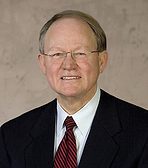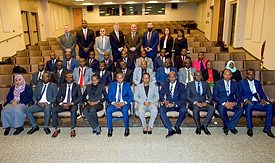Security Leadership and Management
Education & Training
Can Civilians Stop the Bleed?
The work to empower civilians to act as immediate first responders continues.
February 7, 2020
Sign-up to receive top management & result-driven techniques in the industry.
Join over 20,000+ industry leaders who receive our premium content.
SIGN UP TODAY!Copyright ©2024. All Rights Reserved BNP Media.
Design, CMS, Hosting & Web Development :: ePublishing











